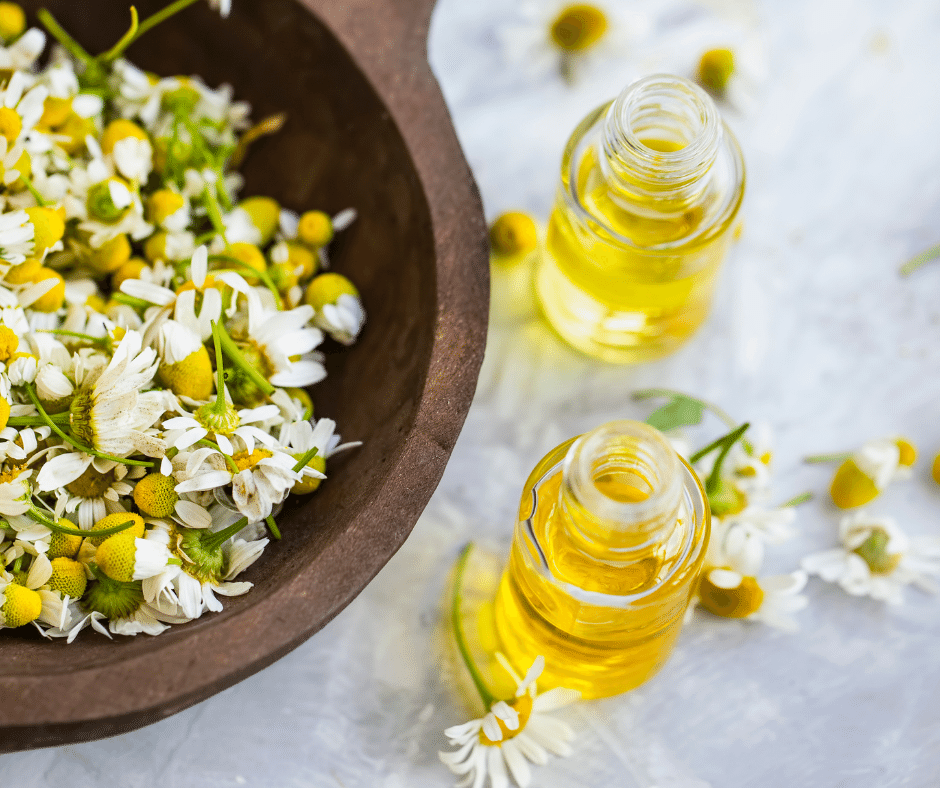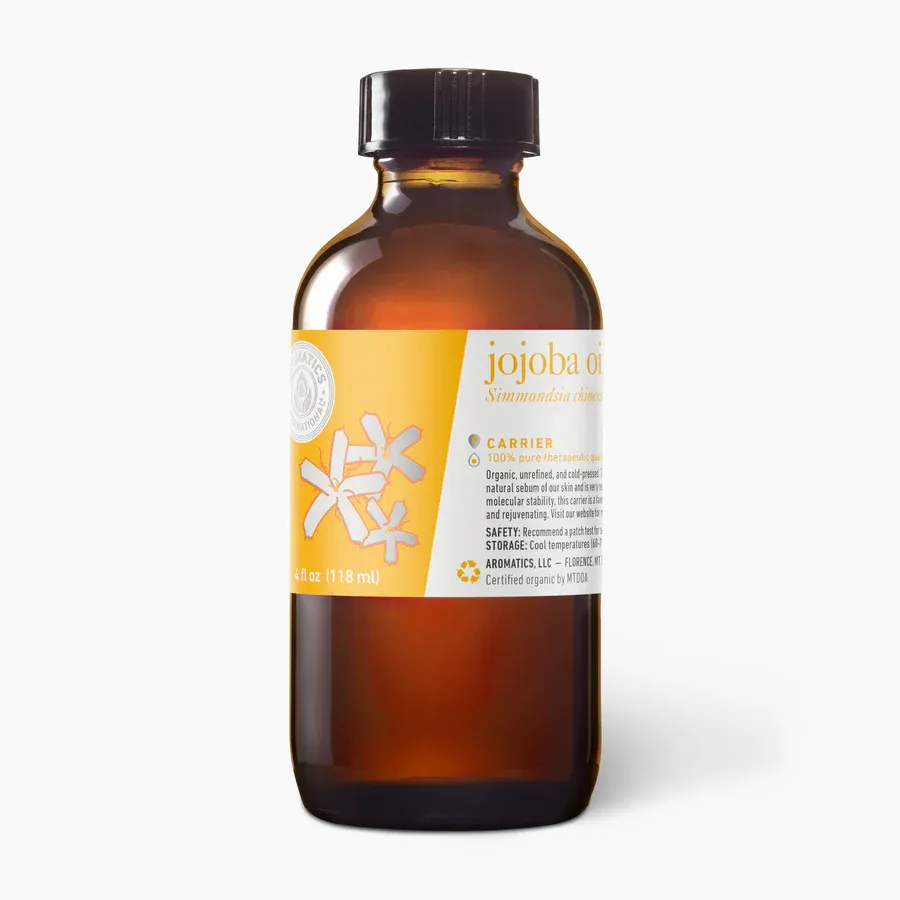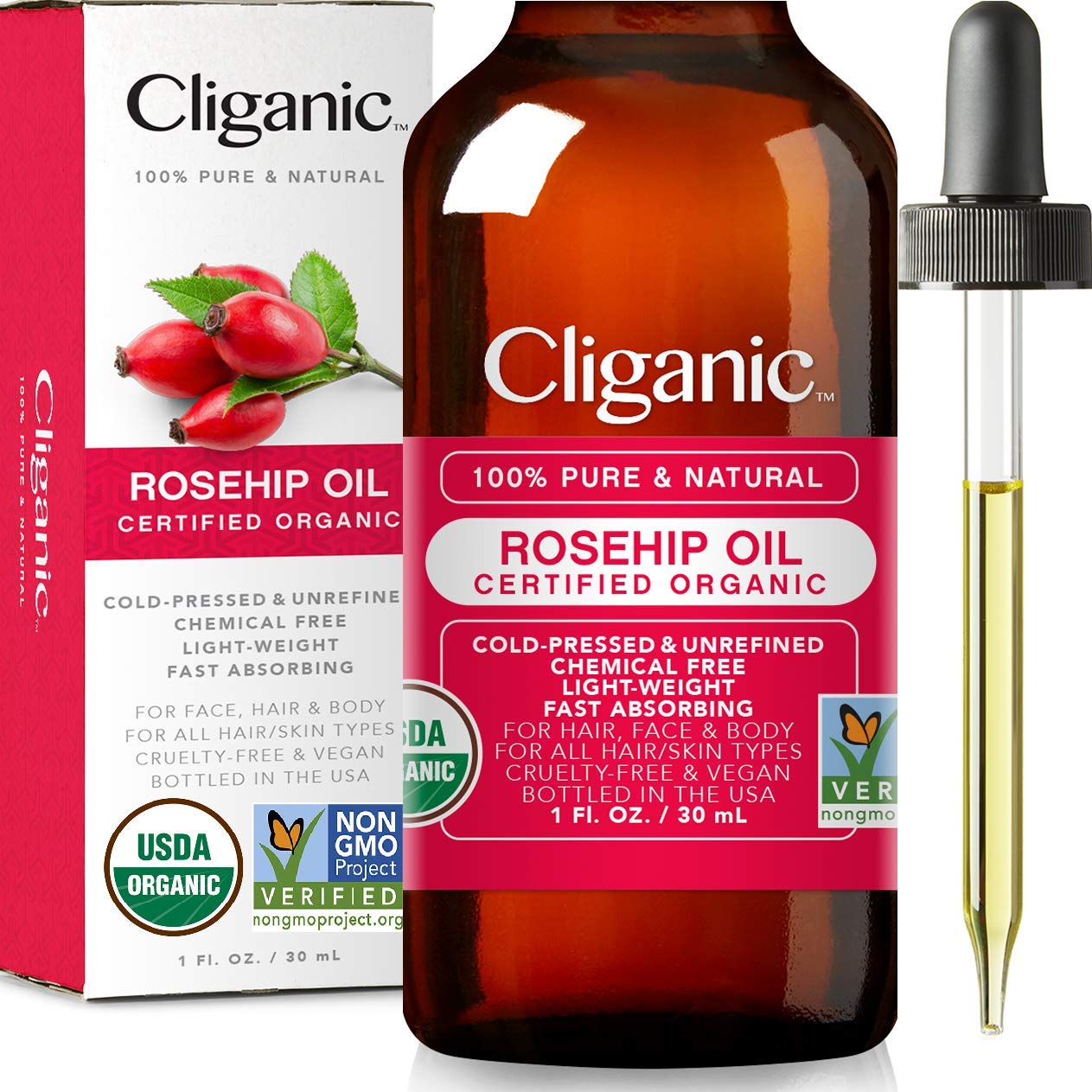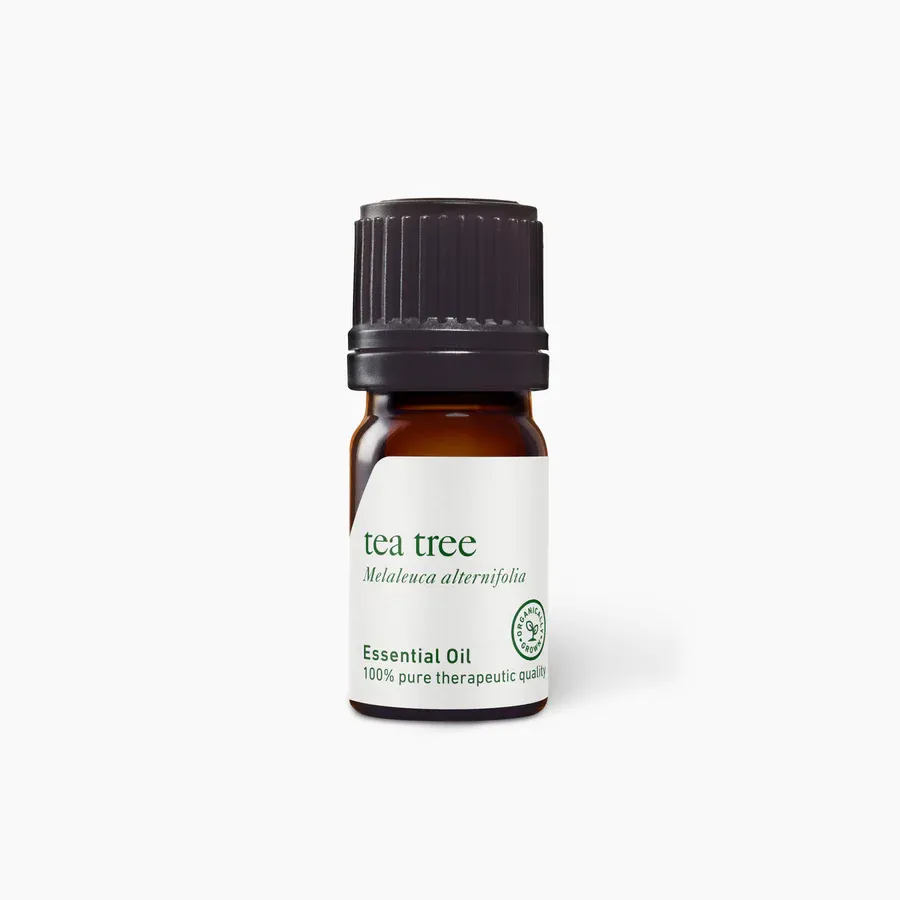Get Better Skin Today with These Best Oils for Acne
If you have acne you know how frustrating it can be. Read our guide to learn which best oils for acne can help today!

Our estheticians hand pick these products that are contained in this article and may contain affiliate links.
Acne is a problem that many people face, especially during their teenage years. While there are a number of different options out there for treating acne, one of the most effective solutions is to use a skincare oil.
There are a number of different skin care oils on the market, but not all of them are created equal or beneficial for acne skin. Some of the most popular and effective skin care oils for acne include jojoba oil, rosehip seed oil, and tea tree oil.
If you're not sure which skin care oil is right for you, ask your dermatologist or another skin care professional for advice. They can help you choose an oil that will work well with your particular skin type.
What Causes Acne
Acne can start when the skin's oil called sebum begins to clog the follicle. It is considered a chronic skin disorder in the sebaceous gland. Often characterized by blemishes and comedones. There are several grades of acne ranging from I, II, III, and IV. The first I is mostly open comedones and has the least breakouts. Grade IV is considered cystic acne and the most severe grade of acne with the most amount of breakouts and includes inflammation. Often scars can occur with this grade of acne. Acne should be diagnosed by a dermatologist. There are many treatments available especially for grades III and IV. When the pore becomes clogged it can be a breeding ground for trapping bacteria. Propionibacterium acnes (P. acne) is this kind of acne. Many factors can contribute to acne including genetics, hormones, stress, environmental factors such as pollution, lifestyle, reactions to products and ingredients, and even diet as well as certain medical conditions that contribute to acne.
Top Essential Oils for Acne
What are some of the most popular and effective skin care oils for acne?
When you look for essential oils we love the passion and artisan craftmanship from Aromatics International. This family owned, aromatherapist run company, highly values the skill and talent from organic, small batch, high quality formulations in it's product line. They provide sustainable solutions to facilitate world class essential oils and carrier oils sourced for their high quality and chemical formulas. Their therapeutic grade essential oils are harnessed with sustainability and partnered with distillers across the globe. Lab tested and certified bringing the consumer the purity and quality only an aromatherapist could uniquely identify. That's why we highly recommend this brand. They also offer several courses and classes to help the consumer better understand. Their flagship aromatherapist certification is designed for anyone wishing to become an aromatherapist in a professional capacity.
Essential oils for acne can be particularly helpful for P. acne for their ability to kill bacteria. Thyme, cinnamon, and rosemary are most effective against P. acne. Because essential oils are highly concentrated it is advised to use a carrier oil and not apply essential oil directly to the skin. Use a drop of thyme or rosemary verbenone EO with 10 drops of organic Aloe Vera to help bacterial acne.
Oregano has been shown in studies to be effective against pimples when used as a spot treatment.
Roman and German Chamomile are calming and help reduce inflammation. It has properties of analgesic, antibacterial, antidepressant, anti-inflammatory, antimicrobial, antiseptic, tonic, and sedative. It has been shown to help with acne, arthritis, cuts, dermatitis, inflammations, and eczema. In ancient Egypt, Chamomile was delivered as an offering to the Sun God. Blue Chamomile is primarily used in skin care products due to its high content of Azulene. Azulene is anti-inflammatory, antispasmodic, and is also analgesic.
Eucalyptus is healing and purifying. Has been used as the oldest native medicine in Australia. it has antifungal, antibacterial, antiviral, and antiseptic properties. It is often used as a cleansing and purifying essential oil in a diffuser to help cleanse the air due to its antiviral and antibacterial actions. It may cause irritation if applied directly to the skin. Always use carrier oil when applying it topically to the skin. Add to Aloe Vera and apply to skin.
Tea Tree is an analgesic, antibacterial, antifungal, anti-inflammatory, antimicrobial, antiseptic, antiviral, fungicidal, immune stimulant, and insecticide. It can help with blisters, burns, colds, coughs, dandruff, ear and nose infections, fever, fungal infections, immune systems, insect bites, oily skin, skin rashes, sunburns, warts, and wounds. Tea Tree is added to many skincare products due to its wide ability of properties in skincare. During World War II producers of Tea Tree were exempt from military service until there was sufficient oil on hand. Additionally, soldiers were issued tea tree oil to help treat any topical infections and other skin ailments throughout the war including using it for wounds.
Lavender is an antimicrobial and is healing, calming, and soothing. Used in many skin care products for its sedative and calming qualities. It is also analgesic, antibacterial, anti-inflammatory, antimicrobial, antiseptic, and insecticide. It can help with burns, bruises, dandruff, headache, inflammation, insect bites and stings, rashes, insomnia, sore muscles, stress, sunburns, and wounds. You'll find lavender is an ingredient in many skincare products for its vast benefits. Romans and Greeks would add lavender to their baths, burn it as incense, and even believed the scent of lavender could soothe even lions and tigers.
Lemon is an antiseptic and is cleansing. Lemon has been used in cleansers and cleaning supplies for many years. It has properties of antibacterial, antifungal, anti-inflammatory antimicrobial, antiseptic, astringent, laxative, and sedative. Some of its benefits are for colds, detoxification, fever, infections, insect bites, liver congestion, oily skin, slow circulation, sore throat, wounds, and wrinkles. Lemons are harvested before they are ripe and are still green at the time of their harvest. It takes at least 3,000 lemons to produce 2.2lbs of essential oil. The use of lemon is considered phototoxic meaning you should take care when out in the sun. Always wear sunscreen and use a wide-brimmed hat and sunglasses when outdoors. Additionally, use a carrier oil when using lemon oil for the skin to avoid any skin irritations.
Sandalwood is calming and reduces inflammation. Its properties are antiseptic, antispasmodic, aphrodisiac, astringent, bactericidal, decongestant, emollient, fungicidal, insecticidal, sedative, and as tonic. Its primary benefits are for anxiety, aphrodisiac, cough, cracked and chapped skin, dry skin, mature skin, sunburn, capillary strength, fluid retention, scarring, sore throat, and stress. Western Australia holds the largest sustainable Sandalwood reserve at 1.6 million kilometers or 3 times the size of France roughly.
One of the best carrier oils to use for acne is Rosehip oil. Rosehip Oil contains high amounts of linoleic acid that help to regulate sebum production. If there is to little linoleic acid in the skin the amount of sebum production goes up and this increase causes acne and more oil. Rosehip is also high in Vitamin A. This vitamin is key in regulating the skin. In fact, Vitamin deficiencies contribute to many skin disorders. Adding Vitamin A to the skin helps regulate the functions of the skin to function at the proper homeostasis. Another key ingredient in Rosehip Oil is Vitamin C. Vitamin C as you may know is an antioxidant. It is also an anti-inflammatory. The combination of Vitamin A and Vitamin C helps the skin function for the fibroblast to create and stimulate collagen and elastin. Rosehip oil because of these three key ingredients is a superstar for not just acne skin types but all skin types and especially mature skin. If you have hormonal acne from menopause this is also a great option for your skin.
How to use skin care oils for acne
The best way to use essential oils for acne is to add one drop of essential oil to 10 drops of your carrier oil or a 2-3% ratio is often considered safe to start with. You can try adding the formula onto your skin or use as spot treatments. Always apply the product to freshly cleansed skin. If you are using it as a spot treatment use a clean cotton swab and apply it directly to the acne spot being treated. Remember to begin use of essential oils with the lowest concentration of essential oil to add to a carrier oil. Always try a patch test to an area before applying to your whole face or body.
To use as an all-over-the-face treatment with your carrier oil. Use 1-2 drops of your mixed essential oil and carrier oil to clean hands and face and gently massage in circular movements avoiding the eyes.
The best way to store Essential Oils
Essential Oils should always be stored in an amber bottle or blue bottle to avoid UV exposure which can break down the properties of the oils. They should be stored in a cool, dark place out of direct sunlight.
Different Types of Skin Care Oils and Their Benefits
There are a number of different skin care oils on the market, each with its own set of benefits. Here are some of the most popular skin care oils and their benefits:
Jojoba Oil: Jojoba oil is one of the most popular skincare oils due to its ability to regulate sebum production. It's also non-comedogenic, meaning it won't clog pores.
Rosehip Seed Oil: Rosehip seed oil is rich in vitamins and antioxidants, making it great for healing acne scars. It's also known for its anti-inflammatory properties. It's great for mature skin.
Tea Tree Oil: is a natural antiseptic and anti-inflammatory agent, making it ideal for treating acne.
Frequently Asked Questions
1.What Oils Should You Avoid for Acne?
Many essential oils are great for the skin. However, there are some that should be avoided especially if you have active or inflamed skin lesions. In fact, we don't recommend using any oil straight or neat essential oil directly on your skin as this could cause an irritation. Instead, use a carrier oil like rosehip seed oil with a 1-3% essential oil mix.
Always use essential oils that are not phototoxic if you will be outdoors. These include many of the citrus essential oils- lemon, lime, grapefruit.
Use only therapeutic grade essential oils without added synthetics, dyes or fragrances. You can check with the manufacturer as to the methods of distillation location of sourcing and read the contents of the chemical components listed on therapeutic grade essential oils. Just because a product says it is an essential oil does not mean that it is clean and free of additives, synthetics, added (perfumes) fragrances or dyes. Be sure to read the safety data of your oil.
2. Best Essential Oils for Use with Acne
Lavender oil is known for its healing benefits together with a Rosehip Seed Oil or Aloe Vera would be good.
Bergamot can help with acne but has a potential to be photosensitizing so any outdoor activity in the sun should be avoided when using.
Chamomile is helpful especially in sensitized skin or reactive acne, especially with blue chamomile-derive from the German Chamomile plant. Blue Chamomile is very beneficial and has anti-inflammatory properties and skin healing properties.
Manuka Oil is helpful to tonifying and purifying pores.
Frankincense is helpful for blemishes and has anti-inflammatory properties.
Orange Sweet Oil has around 90% limonene-the same as household cleaners. It's bactericidal and anti-inflammatory.
Peppermint is antibacterial, anti-inflammatory, antifungal and antimicrobial and is an astringent. It can cause irritation and should be avoided if your have epilepsy or are pregnant. Always use with a carrier oil-never use neat.
Rose oil is helpful for those with slow circulation-good for mature skin acne. Rose oil has been used for centuries in treating multiple skin conditions and is often found in skincare formulas.
Tea Tree oil is helpful for oily skin and can be found in many skin formulations. It can cause skin irritation and should only be used with a carrier oil. Some with sensitive skin may find it irritating.
Thyme Linalool- is an antiseptic and disinfectant, antibacterial, analgesic, antimicrobial-Avoid while pregnant or breast feeding.
2. What Essential Oils Get Rid of Acne Fast?
There are a few essential oils that are known for their acne-fighting properties. Some of the most popular oils for acne treatment include tea tree oil, lavender oil, and frankincense oil.
Tea tree oil is thought to be especially effective in treating acne because of its antibacterial and anti-inflammatory properties. Lavender oil is also known for its anti-inflammatory properties, and frankincense oil has been shown to help regulate the production of sebum, which can lead to fewer breakouts.
If you're looking to try using essential oils for acne treatment, it's best to start by mixing a few drops of one or two of these oils with a carrier oil like Rosehip Seed oil which helps to regulate sebum production or sunflower oil (contains A,B,C,D, E vitamins) or jojoba oil which most closely resembles our skin oils, other oils safe to use are argan oil, tamanu oil or hemp seed oil.
Just remember that there may be internal issues going on that are contributing to acne. These may include hormones, thyroid issues and medications as well as other medical conditions. If you are not having success in treating your acne topically you may need to seek medical help. Increasing your water intake, practicing good hygiene, changing pillow cases and bedding and diet can all help improve acne in addition to topical applications.
Watch this YouTube Video to watch lavender essential oils being harvested.
3. What is the best essential oil Hydrosols for acne prone skin?
Carrot Seed Hydrosol - Carrot seed hydrosol is a purifying tonic for acne-prone skin! It contains vitamins A, C E and is a precursor to retinol. It gently smooths rough and uneven skin, helps to normalize the skin and brightens the skin. Often used in skincare for those with sensitivities to retinols for skin conditions and discolored skin.
St. John’s Wort Hydrosol - St. John’s wort can help clear impurities while encouraging skin repair.
German Chamomile Hydrosol- Often used to calm irritated and angry skin with skin soothing properties and reducing inflammation to skin’s surface
4.Which Oils can Cause Acne to Worsen?
Any oil that is comedogenic can cause an increase in acne or cause acne to form. These include oils like mineral oils, olive oil, palm oil and manuka honey with it's medicinal properties.
Always look for non comedogenic products for acne or oil skin to further prevent clogged pores.
If you are looking for a clean, sustainably sourced, therapeutic grade oil be sure to check out Aromatics International website. They have the best essential oils I have found and they source from high quality artisans around the world to deliver you the best essential therapuetic grade oils. I've used their oils now for several years and am always impressed with the quality.
Best Oils for Acne
To conclude, using essential oils for acne is a great natural option. Jojoba oil, rosehip seed oil, and tea tree oil are all great choices that offer a variety of benefits. Be sure to store your essential oils in an amber or blue bottle in a cool, dark place to preserve their potency. Some will have a shorter shelf life than others. Some can turn rancid so be sure to follow the manufacturer's expiration date for best practices.
We hope you have enjoyed this article and have learned about the benefits of oils in acne skincare.
Follow us on Twitter, Facebook, and Pinterest for our latest guides on all things beauty.
PAID ENDORSEMENT DISCLOSURE: As a staff of licensed aestheticians we review products on the basis of their merit based on our professional expertise. This is not a replacement to your own skin therapist's advice for your skin or any medical claim or endorsement. We encourage you to seek medical care when appropriate. To support our website activities, we may receive a monetary compensation or other form of recompense for our endorsement, recommendation, testimonials and/or links to any products or services from this website as part of the Amazon Associate program or other Affiliate program. We Thank you in advance for your patronage.




